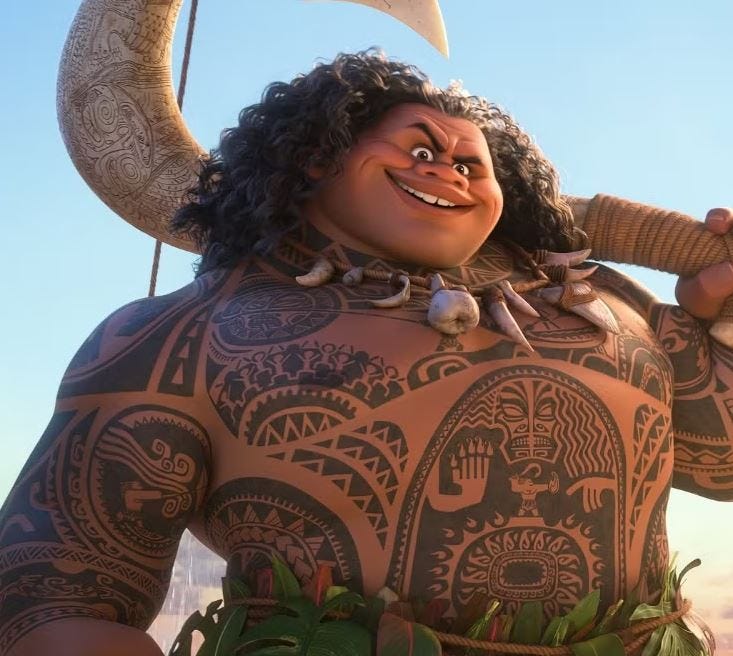Disney’s AI Dreams Derailed: Dwayne Johnson Deepfake in Moana & Tron: Ares Plans Abandoned
Disney briefly explored integrating advanced AI technology into two major upcoming live-action films—Moana and Tron: Ares—only to ultimately scrap both initiatives due to legal, creative, and ethical concerns.
Deepfake Idea for Moana
For the live-action Moana remake, Disney considered using AI to deepfake actor Dwayne “The Rock” Johnson’s face onto his cousin Tanoai Reed, who would serve as his body double.
Johnson wanted to reduce the days he needed to appear on set, and had approved the concept, but the complicated technology required extensive negotiations with AI partner Metaphysic. After approximately 18 months, Disney decided not to include any of the AI-generated footage in the final film.
AI Character Plan for Tron: Ares
Disney also reportedly discussed using generative AI to bring the character “Bit” to life in Tron: Ares. Bit would be a possible companion to Kevin Flynn (Jeff Bridges).
The plan involved feeding character context to an AI script, allowing actors to perform primary responses in real-time. But amid concerns about union negotiations and potential public backlash, the studio abandoned the project.
Legal and Creative Concerns
Although Disney initially pursued AI solutions to save labor costs, its internal legal teams raised red flags over intellectual property ownership and data security. Executives also feared negative reactions from industry unions and fans, prompting both initiatives to be shelved.
Broader AI Hesitations at Disney
Disney’s experience underscores wider industry uncertainty around AI. The company has sued AI firms like Midjourney for alleged copyright infringement, limited internal AI use to approved cases only, and actively maintained an AI oversight committee. Meanwhile, its mixed success with AI-generated content—including an AI-voiced Darth Vader in Fortnite—has illustrated both the opportunity and risk of AI-driven innovation.
After Vader appeared in the game with James Earl Jones’ voice, the voice actor union SAG-AFTRA filed an unfair labor practice charge, even though Jones sold the rights to his voice.
Why This Matters:
Privacy and legal implications make deepfake technology challenging for major studios.
Even approved projects can be halted if risks outweigh benefits.
Fan expectation and union dynamics remain powerful forces shaping AI adoption.
Disney’s cautious approach highlights the tension between ambition and brand protection in Hollywood’s AI era.
Stay tuned for additional updates as the brow-beaten legacy studio navigates the future of film with AI.
Source: The Wall Street Journal


